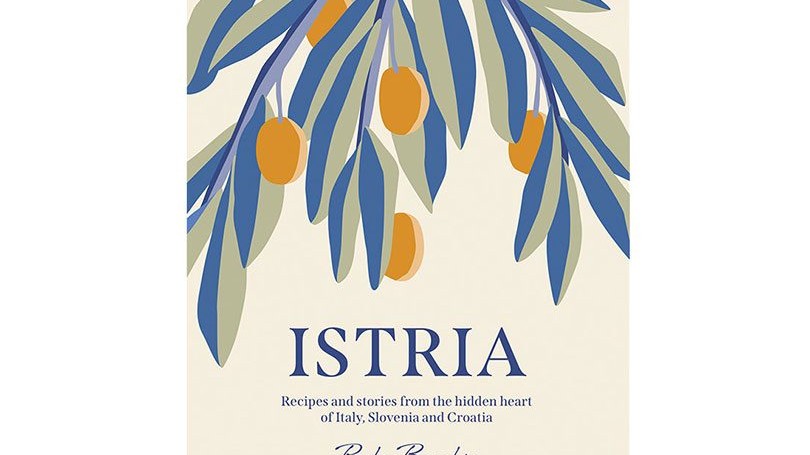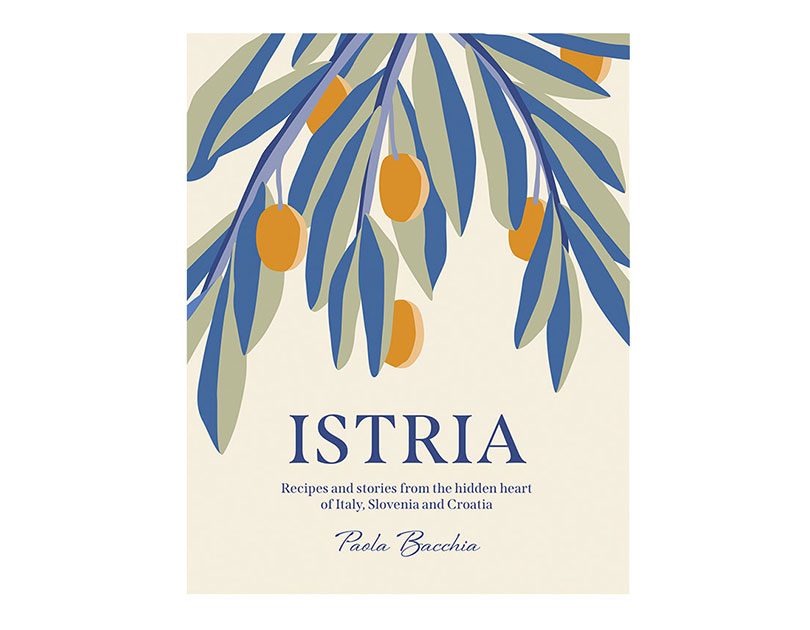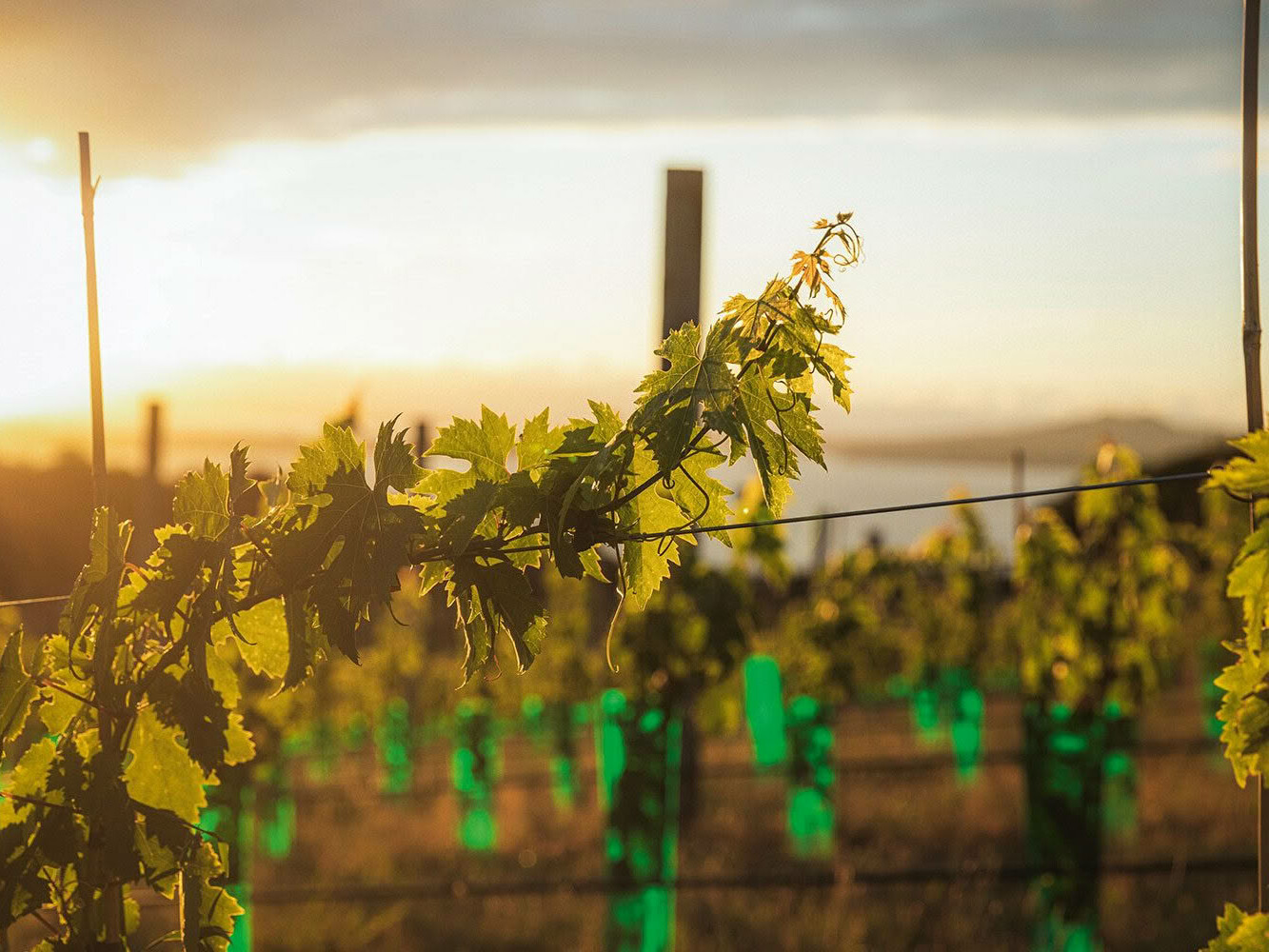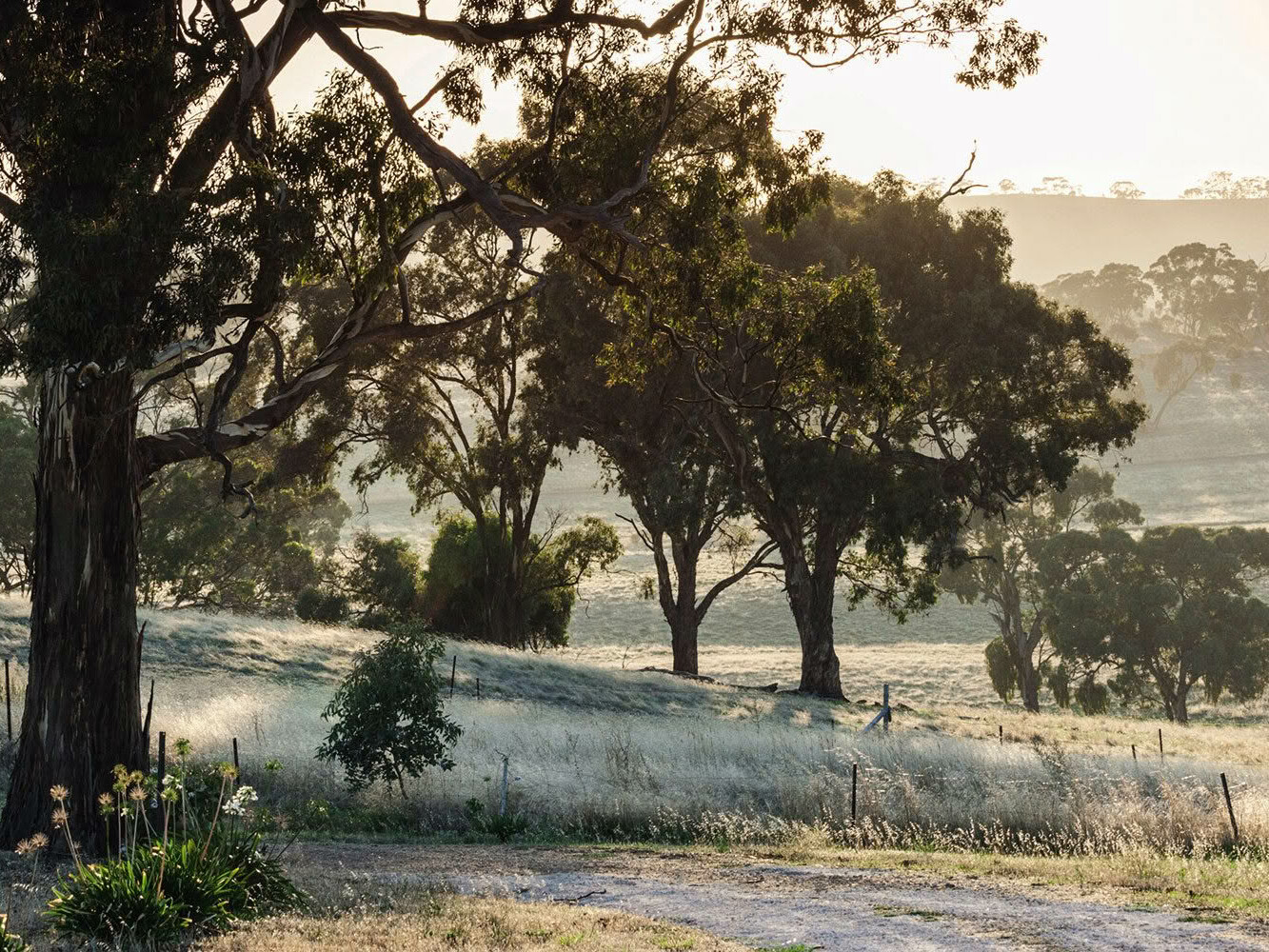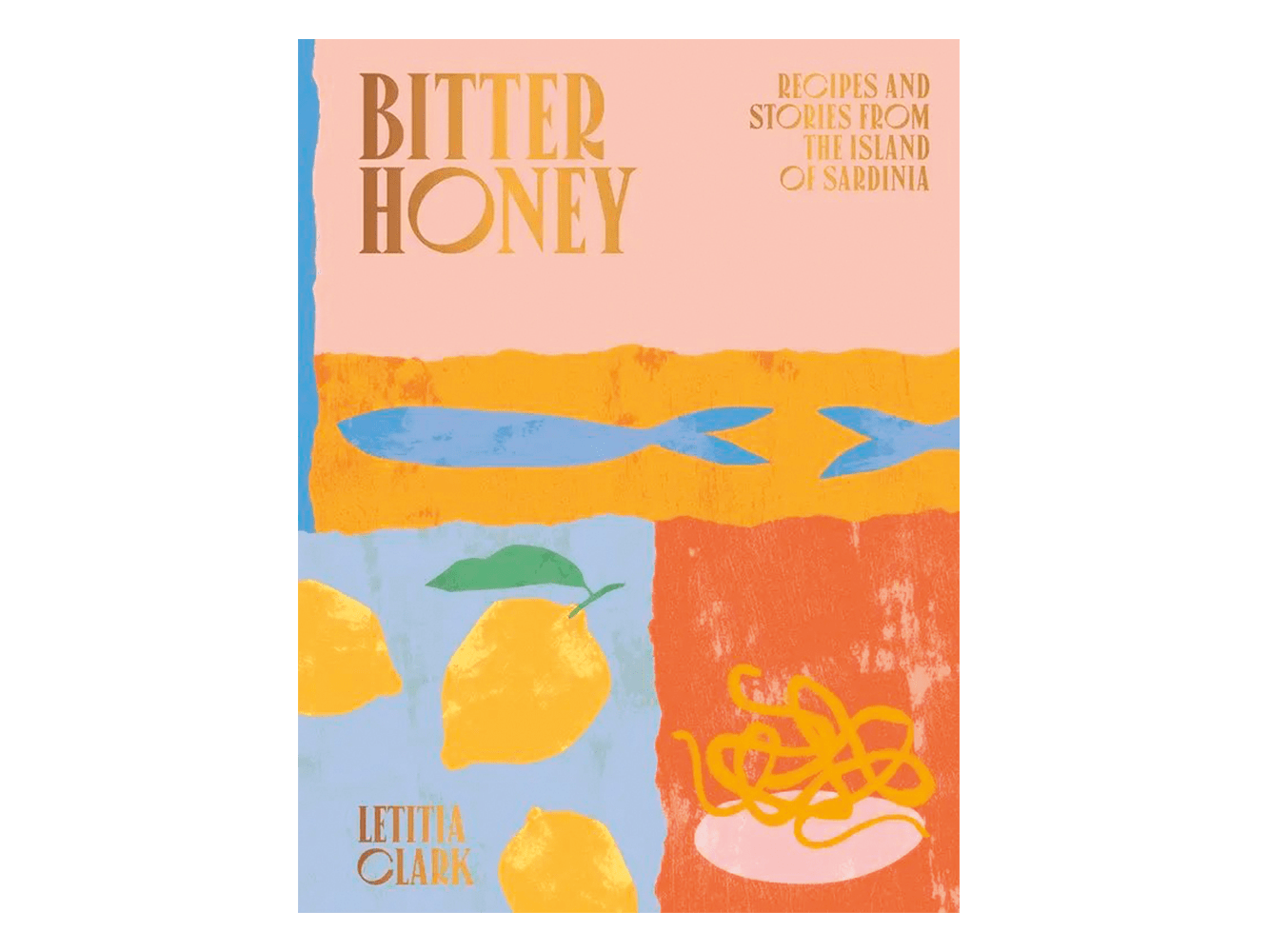PAOLA BACCHIA, SMITH STREET BOOKS, $65
Istria is a promontory at the northern crook of the Adriatic Sea, at the meeting of Italy, Slovenia and Croatia. That’s already a heady mix, but throw in a strong influence of the Austro- Hungarian empire and a dose of the former Yugoslavia, too, and you have a region that boasts Roman ruins, grand Hapsburg palaces and ample evidence of the Venetian Republic. The author tells that her grandfather, Matteo, was born in Istria when it was Austria, lived in Istria when it was Italy, left for Australia when it was Yugoslavia and the city of his birth is now in Croatia. But as borders ebb and flow, names change and people scatter, nuggets of influence remain, no more so than in the food of a region.
Istria is a promontory at the northern crook of the Adriatic Sea, at the meeting of Italy, Slovenia and Croatia. That’s already a heady mix, but throw in a strong influence of the Austro- Hungarian empire and a dose of the former Yugoslavia, too, and you have a region that boasts Roman ruins, grand Hapsburg palaces and ample evidence of the Venetian Republic. The author tells that her grandfather, Matteo, was born in Istria when it was Austria, lived in Istria when it was Italy, left for Australia when it was Yugoslavia and the city of his birth is now in Croatia. But as borders ebb and flow, names change and people scatter, nuggets of influence remain, no more so than in the food of a region.
In the Istrian kitchen, Venetian seafood stews sit alongside pan-cooked cabbage with potatoes, speck and sausage, ricotta-stuffed ravioli might come after Balkan-style flame-grilled skewers of pork and pancetta and all will be followed by layered cake redolent of a Viennese coffee house or maybe potato dumplings with cherries, orange and cinnamon. If, like me, your strudel has always been sweet, then you’ll be intrigued by strudels with pastry of egg pasta or bread-like dough, with fillings of meat, cheese or vegetables, that can be wrapped in a cloth and boiled, then sliced and strewn with cheese. While the food will speak to you, so will the stories of the author’s family (who emigrated to Australia in 1950) – poignant tales of resilience and remembrance. They remind us that belonging is independent of being, and that love can last more than a lifetime. I’ll leave the last word to Nello, the author’s father. Tu lo sai bene che ti voglio tanto bene, e sei tutto per me. You know I love you and you are everything to me. TRACY WHITMEY

